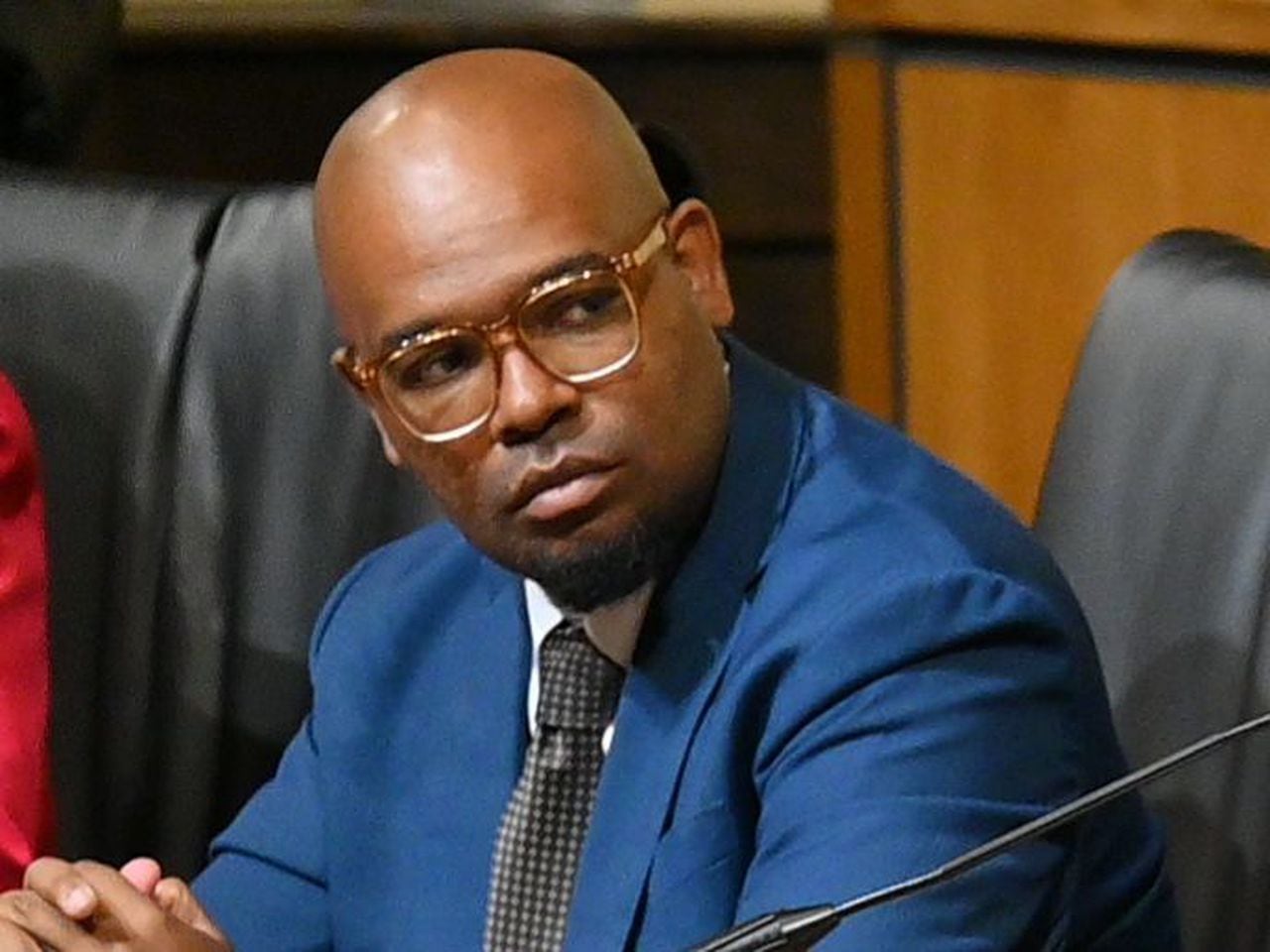Mobile officials reconsidering regulations on ‘pre-dawn’ raids, ‘no-knock’ warrants
Mobile city officials are reconsidering how to regulate “pre-dawn” raids and “no knock” warrants in the coming two weeks, resurrecting an issue that put some council members at odds with the police department in December.
At issue is whether the Mobile City Council will adopt an ordinance that codifies an existing police policy prohibiting the raids and warrants except when authorized by the police chief or executive director of public safety. The council is also weighing the adoption of a resolution requesting that any policy changes within the Police Department on no knock warrants and pre-dawn raids be immediately disclosed to them.
“The constituents see us first before they see the mayor or the chief of police, and we want to be able to answer those questions (about police policies),” said Councilman Cory Penn, who is proposing the regulations.
Penn said the council will wait until next week before receiving feedback from their attorney, Michael Linder, and City Attorney Ricardo Woods on whether the newly proposed ordinance – which is an amendment from a previous ordinance considered in December and January — is not a violation of the Zoghby Act, the 39-year-old Alabama state law that established Mobile’s current form of government.
Penn said the council will then vote on both the ordinance and resolution at its March 19 meeting.
Mobile Police Chief Paul Prine said he supports the resolution but remains concerned over the adoption of a new ordinance, which is essentially a city law regulating policing.
The ordinance, as proposed, “pretty much represents the council being in agreement with current policy” the police department has in place on pre-dawn raids and no-knock warrants.
“The thing to consider here is the state has given the police chief the authority to make policy changes,” Prine said. “As the new ordinance is concerned, I don’t know if the council can give the chief of police the authority.”
Woods acknowledged in January that a previous ordinance that outright banned pre-dawn raids and no-knock warrants were representative of a policy that Mobile Mayor Sandy Stimpson put into place in mid-November following a tragic pre-dawn raid in which a 16-year-old – who was not the person police were looking for – was shot and killed. That ban is currently in effect.
But Woods urged council members to seek clarity from Republican Alabama Attorney General Steve Marshall, which some council members balked at doing citing concerns over his political aspirations.
Penn said the current version of the ordinance, if OK’d by Woods and Linder, would not need to be forwarded to Marshall.
The legal concerns focused on whether the council, by adopting an ordinance regulating policing, would be in violation of the 1985 Zoghby Act that specifies the council’s legislative ability to set policy, but limits how much authority they have over subordinates within the mayor’s administration. The police department falls under the mayor’s purview.
A large contingency of Mobile police officers, during a December meeting, showed up to a city council meeting in opposition to the previous ordinances.
James Barber, the chief of staff to Stimpson, said in a statement that the administration “continues to seek clarification” on whether the ordinance would violate the Zoghby Act, or if it conflicts with other state laws that govern police procedures.
Prine said he was supportive of the resolution and had no problems disclosing policy changes within his agency to elected council members.
“The only thing with the resolution is for the Police Department to notify the council if we decide to change policy,” he said. “That is not unreasonable. If it’s a concern for our councilors and the community, then it’s a concern for the department.”
Prine said his agency is willing to work “in the spirit of cooperation” with the council on the two matters. Penn said the ordinance and resolution, if adopted, would show a sign of “unity” between the council and the police department.
The council has been exploring regulations on certain policing activities following a year filled with controversies involving police-citizen encounters. Those issues generated widespread attention last fall and winter stemming from the handling of the Jawan Dallas death following an encounter with two police officers in Theodore. The Dallas death is the subject of a federal lawsuit that has been filed against the city.
